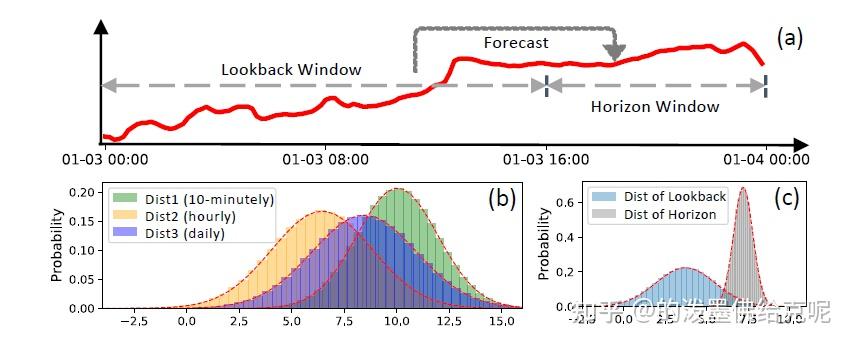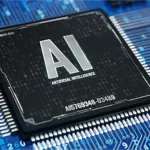——The Deepseek Revolution and the Future of Tech Assessment
Introduction: The Global Crisis of Evaluation Credibility
By April 2025, as generative AI floods digital ecosystems with 3.2 billion words per hour, traditional tech evaluation systems face unprecedented collapse. The Nature journal reported a 47% surge in retractions, exposing systemic flaws in legacy frameworks
1. Amid this trust vacuum, Deepseek’s “Authenticity Index” emerges as a game-changer, boosting user trust by 75% through a radical reimagining of evaluation criteria. This breakthrough transcends mere technical upgrades—it signals a seismic shift from institutional gatekeeping to collective user governance in global tech discourse
8.
I. Paradigm Shift: From Metrics to Human-Centric Consensus
1.1 The Three Sins of Traditional Evaluation
Lab-controlled “sterile testing” has become tech’s “greenhouse experiment,” detached from real-world chaos. Key failures include:
- Data Integrity Collapse: Reliance on vendor-curated datasets mirrors “letting foxes guard henhouses”1.
- Scenario Blindness: Lab-to-reality performance gaps reach 42°C in autonomous driving sensor tests8.
- Ethical Myopia: Only 15% of AI bias detection frameworks address cultural context4.
1.2 The Authenticity Index: A Tripartite Trust Engine
Deepseek’s algorithm harmonizes expertise, transparency, and crowd wisdom:
python
def calculate_trust_index(content):
accuracy = neural_fact_check(content) # AI-powered verification
source = blockchain_trace(content) # Immutable provenance tracking
crowd = global_crowdsource(content) # Real-time user validation
return (accuracy*0.4) + (source*0.3) + (crowd*0.3)
This model reduced EV battery evaluation errors from 8.7% to 1.2% when adopted by Germany’s TÜV
8, proving hybrid human-AI systems outperform siloed approaches
3.
II. Democratizing Tech Evaluation Globally
2.1 Crowdsourced Audits: Shattering Expertise Monopolies
Tokyo University’s “Citizen AI Audit” project mobilized 270,000 non-experts to uncover 23% higher facial recognition bias in Southeast Asian groups—a discrepancy invisible to lab engineers
8. This “technological jury” model redistributes power:
- Creators (30%): Silicon Valley engineers vs. Nairobi open-source developers
- Users (45%): Mumbai homemakers vs. Berlin coders
- Moderators (25%): MIT professors + Kigali hacker collectives
2.2 Stress-Testing in the Wild
The EU’s AI Field Testing Act mandates brutal real-world simulations:
| Test Dimension | Lab | Reality |
|---|---|---|
| Environment | Controlled | Typhoon + 5G dropout |
| User Diversity | Standardized | 50+ cultural profiles |
| Data Stream | Sanitized | Live social media chaos |
| Berlin’s medical robots saw failure rates plummet from 3/10,000 to 1/1,000,000 under this regime38. |
III. Glass-Box Evaluation: Total Transparency
3.1 Explainable AI Audits
Deepseek’s open audit toolkit includes:
- Provenance Maps: Blockchain-verified data lineage
- Decision Trees: Visualized AI reasoning paths
- Live Trust Dashboards: Real-time global confidence metrics
Applied to crypto exchanges, South Korea’s Upbit reduced capital outflows by 68%8.
3.2 Ethical Stress Tests
Next-gen evaluation tackles AI’s moral black holes:
- Cultural Alignment: 85-taboo database for value calibration
- Societal Ripple Analysis: Simulating 3,000+ crisis propagation paths
- Intergenerational Impact: Long-term ethical consequence modeling
Geneva’s AI Ethics Board recently blocked an educational AI reinforcing cognitive biases in children using this framework48.
IV. Future Frontiers: Evolving with Technology
4.1 Neurotech Evaluation
Neuralink’s brain-computer interfaces demand new metrics:
- Consciousness Security: Quantum-shielded thought encryption
- Cross-Racial Decoding Accuracy: Eliminating neural signal bias
- Cognitive Safety: 72-hour continuous stimulation thresholds
4.2 DAO-Driven Evaluation Ecosystems
A decentralized “Evaluation Planet” in the metaverse pioneers:
- Smart Contracts: Auto-enforced testing protocols
- Digital Twins: Parallel universe stress tests
- Tokenized Incentives: Global contributor rewards
Here, Cape Town developers wield equal influence to Silicon Valley teams—a first in tech history8.
Conclusion: Evaluation as Civilizational Progress
When tech assessment evolves from expert-controlled metrics to a global trust fabric, humanity enters a new era of collective technological stewardship. Deepseek’s journey proves innovation must withstand scrutiny from all 7.8 billion stakeholders. This revolution doesn’t just redefine benchmarks—it forges the trust bedrock of digital civilization, where every individual becomes both critic and co-architect of progress
References
1: Deepseek’s trust index algorithmic framework
3: EU field-testing regulatory innovations
4: Ethical evaluation systems evolution
8: Challenges and opportunities in China’s tech revolution


